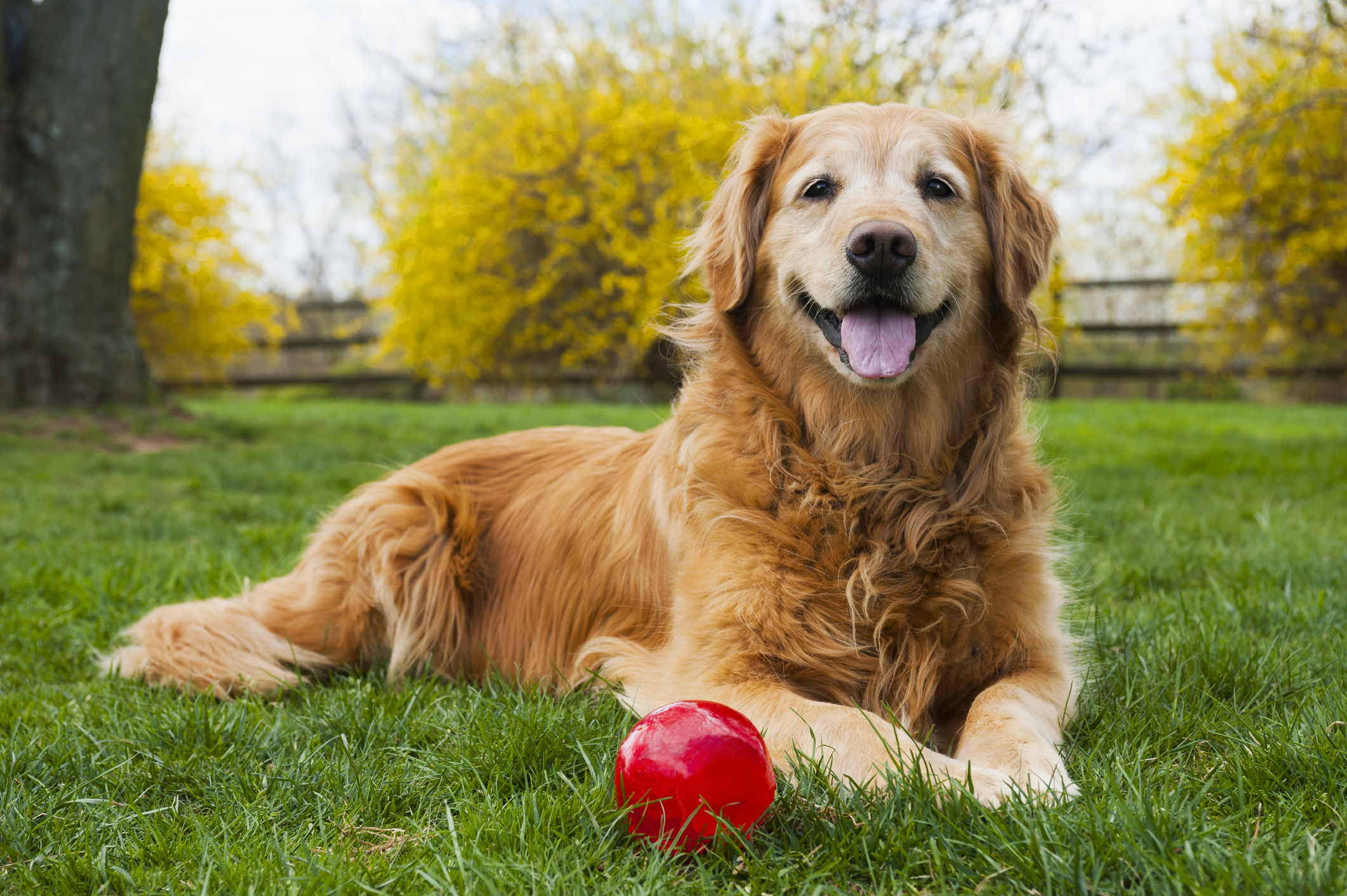
Save 35% with AutoShipUse code SAVE35 (Up to $20 max. Exclusions apply)

SAVE AN EXTRA $5 - $20 OFFUse code PETS in cart (Exclusions apply)

While efforts are made to answer all questions as quickly as possible, if an immediate answer is required or if your pet is in need of urgent or emergency care, contact your pet's veterinarian immediately.

You will receive an answer from Dr. Lindsay and our vet/tech team as soon as possible, usually the same day.
All answers are provided for informational or educational purposes only, and are intended to be a supplement to, and not a substitute for, the expertise and professional judgment of your pet's veterinarian.
It may be necessary to consult your pet's veterinarian regarding the applicability of any opinions or recommendations with respect to your pet's symptoms or medical condition.
Close
An error has occurred, please reload the page and try again.
CloseWhile efforts are made to answer all questions as quickly as possible, if an immediate answer is required or if your pet is in need of urgent or emergency care, contact your pet's veterinarian immediately.
There is no answer related to your question

Your dog will always be your little puppy. Now that they’ve earned their silver muzzle, it’s time to graduate to senior dog food.
A premium senior dog food from PetMeds contains functional ingredients that can help slow signs of aging and may even give your dog more active, healthy years with you.
Not sure if it’s the right time? In honor of Senior Pet Month, here’s how you’ll know when to switch to senior dog food.
Most dog food sold in the United States meets or exceeds the nutritional guidelines set by the Association of American Feed Control Officials (AAFCO).
AAFCO has nutrient profiles for puppies and pregnant and nursing dogs, for large breed puppies, for adult dogs, and for all life stages.
However, AAFCO currently does not have specific guidelines for senior dog food. That means while your senior dog food will meet all of the daily nutritional needs for an adult dog, recipes can differ between brands.
You can switch to a senior dog food when your dog is at least seven years old.Small dogs age more slowly than their larger counterparts, so if you’d like, you can put off switching to a senior diet until they’re ten years or older.
While senior dog foods can support older dogs that already have age-related issues like osteoarthritis and obesity, you can switch to a senior diet before your dog starts slowing down.
Even if your dog does not show signs of aging, the functional ingredients in a senior diet may help slow the development of age-related conditions. Senior dog foods are complete and balanced to meet the needs of all adult dogs, so there’s no harm in switching sooner rather than later.
But what if you’d rather not change your dog’s food? There’s no need to switch to a senior dog food if your dog’s current diet is working for them. Instead, you can modify their current diet to meet their changing needs. For example, add supplements like hip and joint support and probiotics to boost any adult or all life stages dog food.
Functional ingredients and therapeutic formulations differ between senior dog foods. To choose the best food for your dog, consider what their current needs are, and what conditions they may be susceptible to based on their size, breed, and activity level.
For example, if your senior dog is still active and has an average to slim body condition, you may not want to reduce their caloric intake. If their senior food is low in calories, you may want to feed more or opt for a recipe that’s more calorie-dense.
A canned or freeze -dried raw senior dog food offers moisture, protein, and fewer carbohydrates than a dry senior food. If you’d like, you can feed an exclusively canned or freeze-dried diet, try Instinct Freeze Dried Raw Boost Kibble, or combine foods to create a diet that works for your dog.
For small dogs, you can opt for a small breed senior dog food. Small breed senior dog food is denser in calories and nutrients, so your dog will not have to stomach a large serving to get all the nutrition they need. It will also have smaller pieces of kibble that may be easier for them to chew, especially if they have missing teeth or a history of dental issues.
For large dogs and those struggling with obesity, a reduced calorie senior dog food can help maintain a healthy body weight, which is crucial for reducing strain on the joints and promoting mobility.
Need help choosing the right senior dog food, measuring how much to feed, or deciding if it’s the right time to switch? Schedule your dog’s first online vet visit with VetLive today.
 Swipe
Swipe